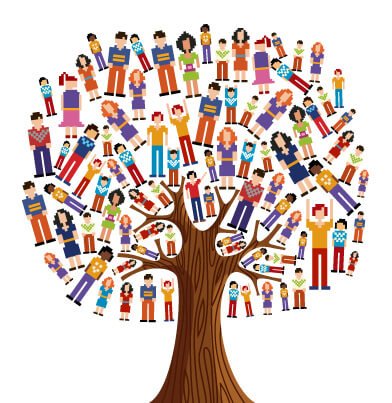Dr Bilawal Kamran
Social work aims to improve the well-being and quality of life of vulnerable and marginalized groups in society. Social work in Pakistan has a long history but also faces many challenges and opportunities in the present context. In this response, I will critically evaluate the significance of social work in Pakistan by discussing its historical development, current practices, and prospects. Hence, it is critical to do social work in Pakistan due to the economic and administrative crisis.
Social work in Pakistan can be traced back to its inception in 1947 when the Islamic values of charity and social responsibility and the colonial legacy of social welfare administration influenced it. The first social work department was established at the University of Punjab in 1954, followed by other universities in Karachi, Peshawar, and Islamabad. Social work education was initially based on the Western casework, group work, and community development models. Still, it later incorporated indigenous concepts such as zakat (obligatory alms), ushr (tithe), sadaqah (voluntary charity), and khidmat-e-khalq (service to humanity). Social work also became linked with national development plans and social policies, such as the Five-Year Plans, the Basic Democracies System, the Integrated Rural Development Programme, and the Zakat and Ushr Ordinance. However, social work education and practice faced many difficulties in taking root in the local context, such as ideological issues, low recognition, lack of direction, and insufficient resources.
Please subscribe to the official website of republicpolicy.com
Social work in Pakistan today is practised in various settings and sectors, such as zakat, ushr, social welfare, special education, women empowerment, child protection, drug abuse prevention, disability rehabilitation, disaster management, human rights advocacy, and community development. Social workers work in different national and international NGOs, government departments, research centres, public offices, and educational institutions. Social work education is also offered at different levels, from bachelor’s to doctoral degrees. However, social work in Pakistan still faces many challenges and limitations, such as lack of professional identity and standards, inadequate curriculum and training, poor working conditions and salaries, low public awareness and appreciation, political interference and instability, social and cultural barriers, ethical dilemmas and conflicts.
Social work in Pakistan has a significant role in addressing the social problems and needs of the people of Pakistan. Social work can promote social justice, human dignity, human rights, social development, and social cohesion in a diverse and complex society. Social work can also respond to emerging issues and opportunities in globalization, devolution, decentralization, democratization, civil society participation, information technology, and environmental sustainability. However, social work in Pakistan needs to overcome its challenges and limitations by developing its professional identity and standards, revising its curriculum and training, improving its working conditions and salaries, enhancing its public awareness and appreciation, reducing its political interference and instability, overcoming its social and cultural barriers; resolving its ethical dilemmas and conflicts.
Pl subscribe to the YouTube channel of republicpolicy.com
Lastly, social work in Pakistan has a long history but also faces many challenges. Social work in Pakistan has a significant role but must also overcome its limitations. Social work in Pakistan can be seen as a mirror of society that reflects its problems and potential. It is even more significant for Pakistan as it is facing challenging times. For development and growth, both social and governmental organizations must work.
















